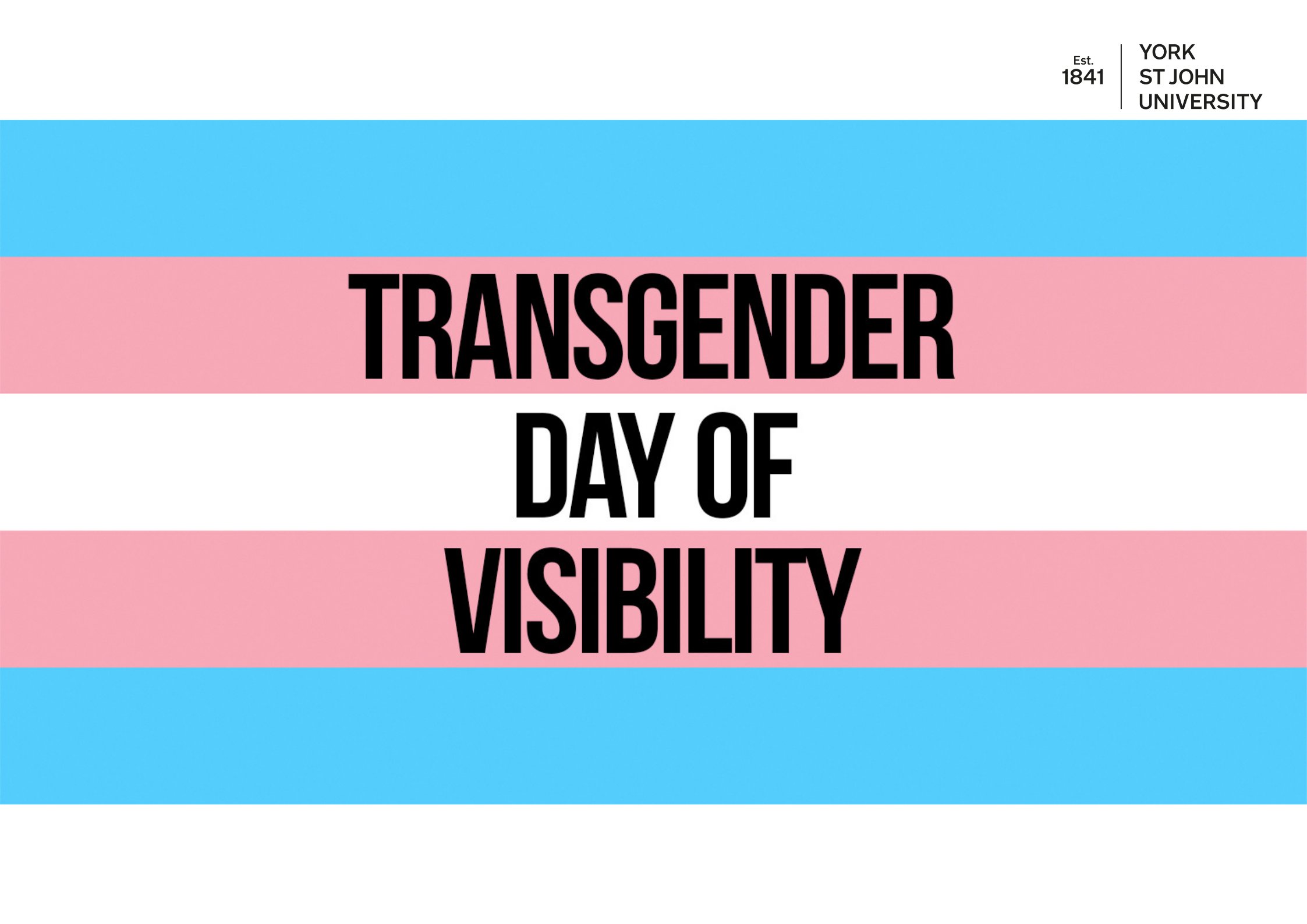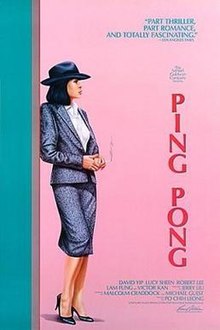Victoria Walpole is one of our artist liaisons on the Literature at Work module. This week she has been working with our visiting performers from the Ivano-Frankivsk Theatre Company in Ukraine. Victoria tells us more.
 Saturday 20th April sees the world premiere of Working Title: a collaboration between York International Shakespeare Festival and the National Theatre of Ivano-Frankivsk (UKRAINE) in York St John University’s Creative Centre, at 2pm and 7.30pm This performance promises to be incredibly imaginative and powerful, so you will not want to miss it. The show will feature a blend of Ukrainian and English culture, creating a captivating and unique experience for all.
Saturday 20th April sees the world premiere of Working Title: a collaboration between York International Shakespeare Festival and the National Theatre of Ivano-Frankivsk (UKRAINE) in York St John University’s Creative Centre, at 2pm and 7.30pm This performance promises to be incredibly imaginative and powerful, so you will not want to miss it. The show will feature a blend of Ukrainian and English culture, creating a captivating and unique experience for all.
I hear that, despite the challenges of the Russian invasion of Ukraine, the Ivano-Frankivsk Theatre Company has continued to showcase plays and even created a humanitarian logistics centre called “Movement of Resistance – Movement of Help” to support those displaced by the war and soldiers of the Armed Forces of Ukraine.
The Ivano-Frankivsk Theatre Company has a reputation for producing creative and innovative shows that have established its place in the Ukrainian cultural world, having always been acclaimed for its unprecedented creative “explosions”, highlighting its active artistic position in culture.
This highly respected theatre company has an exceptional cast of star actors, including Ivan Blindar and Mariia Stopnyk, who have joined us this week on our campus. Ivan and Mariia have been working closely with the York International Shakespeare Festival to create an original piece of work in collaboration with volunteer actors from and around York. These include Ukrainian performers who are currently living here.
For the past week, the actors have been hard at work in rehearsals, creating and practising pieces to perform on the first weekend of the festival. The pieces they have created combine Shakespeare’s incredible plays with the contemporary. They blend Ukrainian and English culture to create compelling pieces that will astound audiences. Working alongside Ivan and Mariia has been a privilege and a fun experience for all involved. Their love and passion for their work is reflected in their performances, and it has been a pleasure to be alongside them during the creative process. Through the use of imaginative warm-up exercises and sonnet performances, Phillip Parr has been able to direct the creative process to mould a stunning performance that beautifully symbolises the collaboration between the Ivano-Frankivsk theatre and the festival. Part of this process is making sure everyone who volunteered has a voice in what they want to give and take from the final performance.
pieces to perform on the first weekend of the festival. The pieces they have created combine Shakespeare’s incredible plays with the contemporary. They blend Ukrainian and English culture to create compelling pieces that will astound audiences. Working alongside Ivan and Mariia has been a privilege and a fun experience for all involved. Their love and passion for their work is reflected in their performances, and it has been a pleasure to be alongside them during the creative process. Through the use of imaginative warm-up exercises and sonnet performances, Phillip Parr has been able to direct the creative process to mould a stunning performance that beautifully symbolises the collaboration between the Ivano-Frankivsk theatre and the festival. Part of this process is making sure everyone who volunteered has a voice in what they want to give and take from the final performance.
During the rehearsals, local artist Lynne O’Dowd has been diligently capturing the dedication and momentous efforts of everyone involved through her paintings. These paintings will be part of the final performance, highlighting the creativity and hard work that has gone into bringing this production to life.
This performance promises to be incredibly imaginative and powerful, so you will not want to miss this! Everyone involved has put their heart and soul into creating a beautiful piece to perform, making these performances even more special. Creating a performance in such a short amount of time is a real feat of skill and everyone involved worked incredibly hard to make this possible.
When and where?
 The event will be performed on Saturday the 20th of April at 2 pm and 7.30pm in the York St John Creative Centre Auditorium as part of the York International Shakespeare Festival. Tickets are only £15 at full price, with students and concessions only paying £5.
The event will be performed on Saturday the 20th of April at 2 pm and 7.30pm in the York St John Creative Centre Auditorium as part of the York International Shakespeare Festival. Tickets are only £15 at full price, with students and concessions only paying £5.
When buying tickets also look out for and consider buying a Pass It On Ticket which we can offer to community members who may not otherwise be able to attend as we want to make it possible for as many members of the community to come to festival performances!
To buy tickets and or more information about the York International Shakespeare Festival you can go to its website.
Instagram @yorkshakes
Twitter @yorkshakes
Facebook /yorkshakes email info@yorkshakes.co.uk








 On Wednesday 13th March 2-4pm, in the run-up to Transgender Day of Visibility, the LGBTQ+ Staff Network and the Athena Swan Initiative are holding a hybrid event to celebrate trans and non-binary scholarship at York St John University. This will be an informal, supportive space where all members of staff and students who are trans, non-binary, gender-diverse or are creating work related to these communities are encouraged to take part and share their work. Whether you are a first-year undergrad with an essay you’d like to share or a seasoned academic, we want to hear from you!
On Wednesday 13th March 2-4pm, in the run-up to Transgender Day of Visibility, the LGBTQ+ Staff Network and the Athena Swan Initiative are holding a hybrid event to celebrate trans and non-binary scholarship at York St John University. This will be an informal, supportive space where all members of staff and students who are trans, non-binary, gender-diverse or are creating work related to these communities are encouraged to take part and share their work. Whether you are a first-year undergrad with an essay you’d like to share or a seasoned academic, we want to hear from you!/prod01/yorksjacuk/media/content-assets/staff-profile-images/Liesl-King.jpg?resize=274%2C171&ssl=1) This year’s YSJ Literature’s annual
This year’s YSJ Literature’s annual 
 A Lover’s Discourse by Xiaolu Guo
A Lover’s Discourse by Xiaolu Guo Night Sky with Exit Wounds
Night Sky with Exit Wounds If you want something that will shock and amuse you in equal measures, check out
If you want something that will shock and amuse you in equal measures, check out  If you’ve never read Kazuo Ishiguro’s
If you’ve never read Kazuo Ishiguro’s  If it’s film you are interested in, Channel 4 has a selection for ESEA, including the first ever British Chinese feature film, Ping Pong, which I’ve reviewed
If it’s film you are interested in, Channel 4 has a selection for ESEA, including the first ever British Chinese feature film, Ping Pong, which I’ve reviewed 











